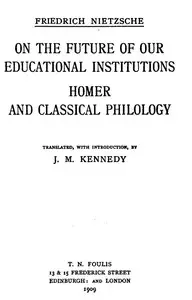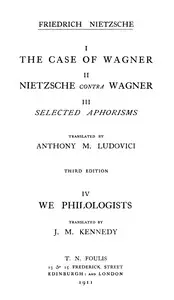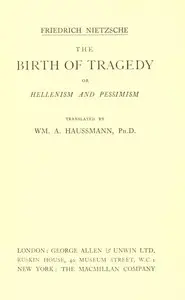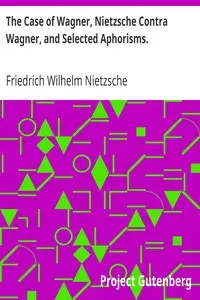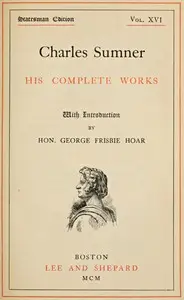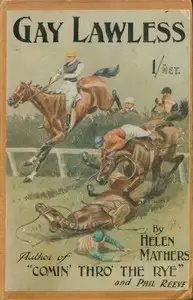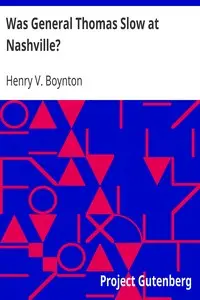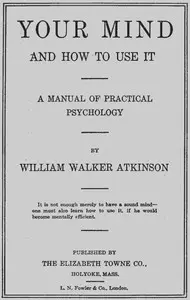"Human, All-Too-Human: A Book for Free Spirits, Part 2" by Friedrich Nietzsche is a philosophical work written in the late 19th century. This significant text presents a range of aphorisms that explore the complexities of human nature, emotions, and the philosophies that govern societal and individual perceptions. Nietzsche aims to provoke thought and reflection among readers, encouraging them to confront the disillusionments surrounding morality and existence in their pursuit of knowledge and truth. The opening of the book features a translator’s introduction and preface that contextualizes Nietzsche’s thoughts and perspectives as he asserts the importance of speaking from personal experience and overcoming the disillusionment left by previous intellectual frameworks. The contents suggest that the work will delve into various areas such as emotional experiences, cultural criticisms, and maxims about life and philosophy. Nietzsche expresses a clear departure from romantic notions, advocating for a more grounded, pragmatic approach to life and introspection, a theme that is likely to resonate throughout the text's exploration of human experience and existential inquiry. (This is an automatically generated summary.)
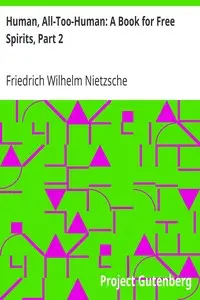
Human, All-Too-Human: A Book for Free Spirits, Part 2
By Friedrich Wilhelm Nietzsche
See also eBook #51935, which is Part I and based on a later edition with additional content. For more information about this title, see https://en.wikipedia.org/wiki/Human,_All_Too_Human
Friedrich Wilhelm Nietzsche was a German classical scholar, philosopher, and critic of culture, who became one of the most influential of all modern thinkers. He began his career as a classical philologist before turning to philosophy. He became the youngest person to hold the Chair of Classical Philology at the University of Basel in Switzerland in 1869, at the age of 24, but resigned in 1879 due to health problems that plagued him most of his life; he completed much of his core writing in the following decade. In 1889, at age 44, he suffered a collapse and afterward a complete loss of his mental faculties, with paralysis and probably vascular dementia. He lived his remaining years in the care of his mother until her death in 1897, and then with his sister Elisabeth Förster-Nietzsche. Nietzsche died in 1900, after experiencing pneumonia and multiple strokes.

